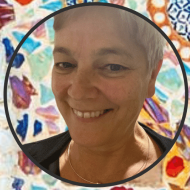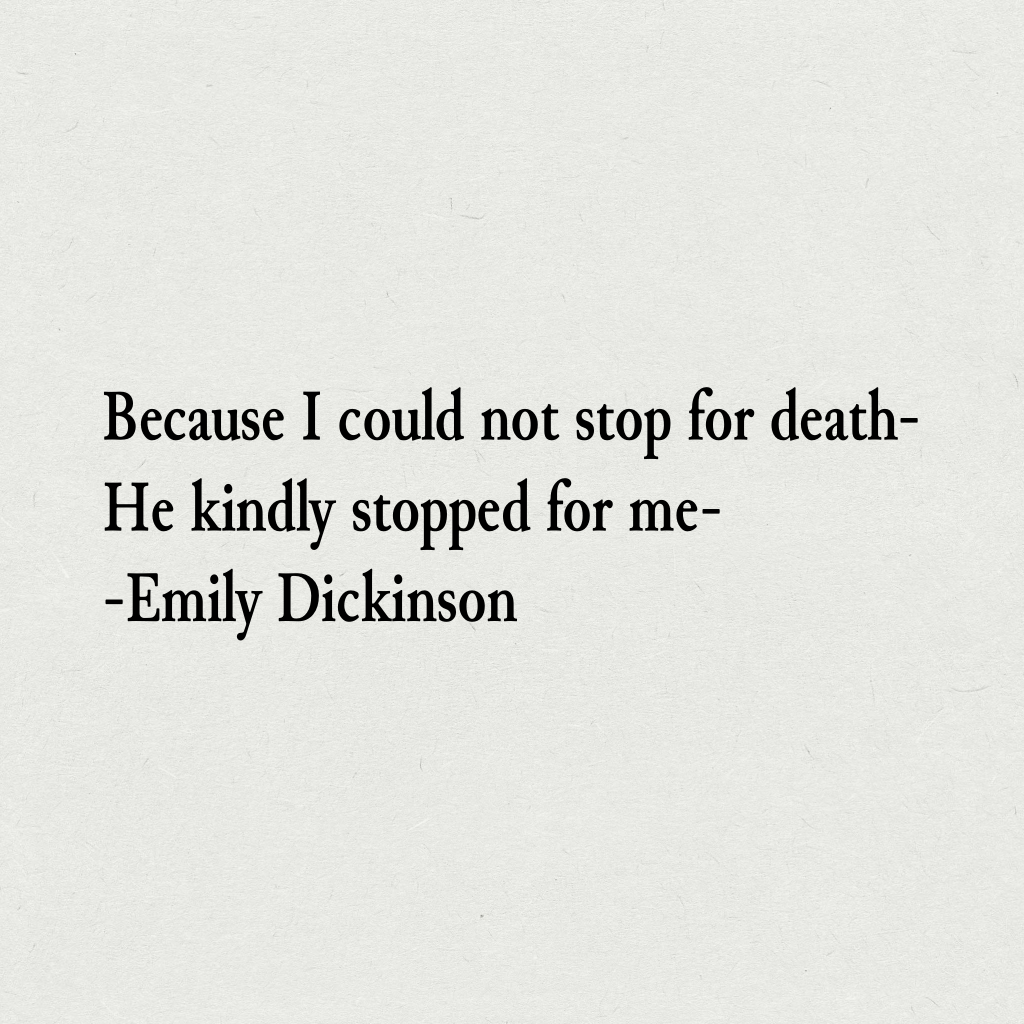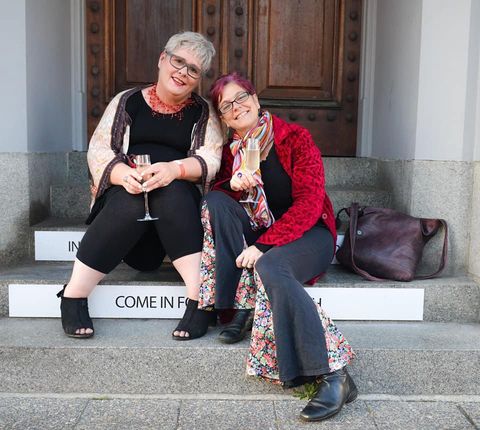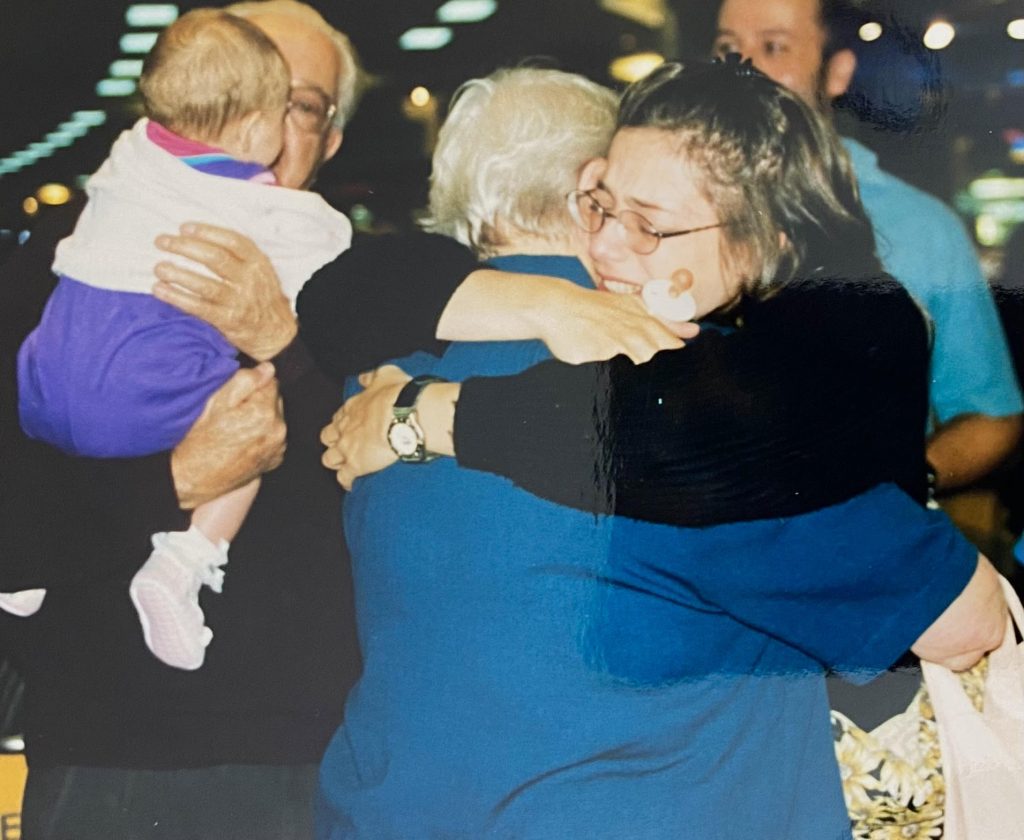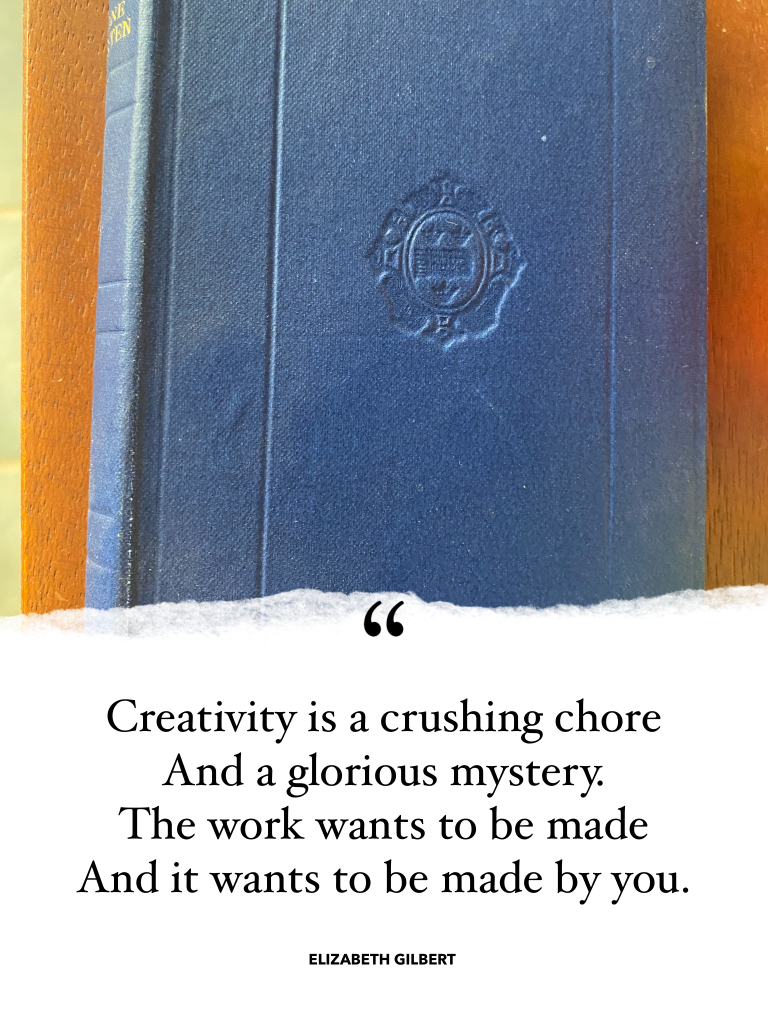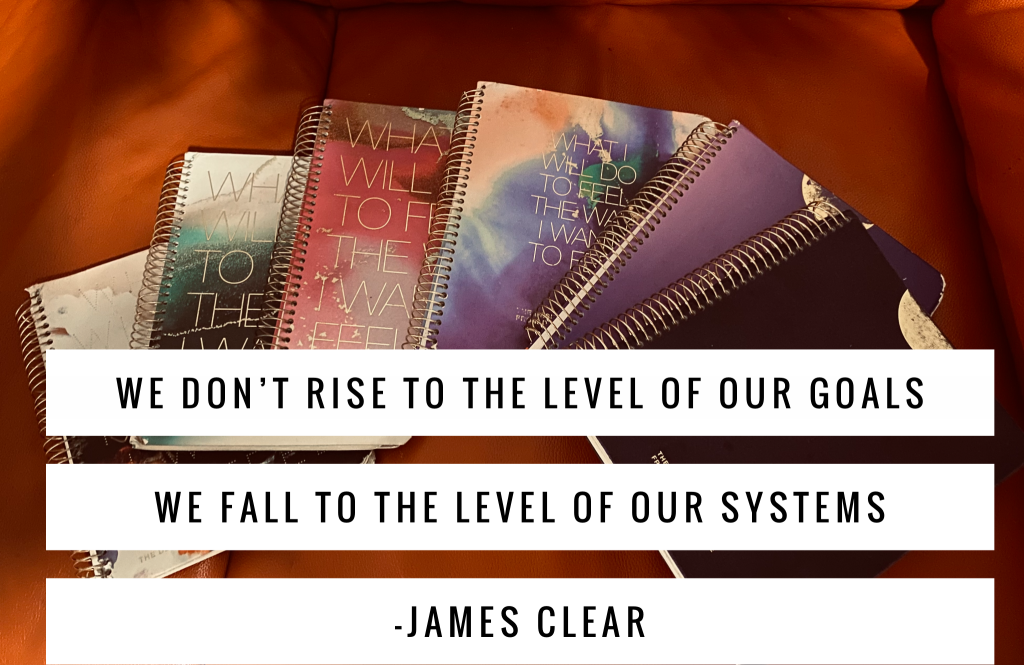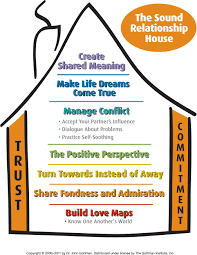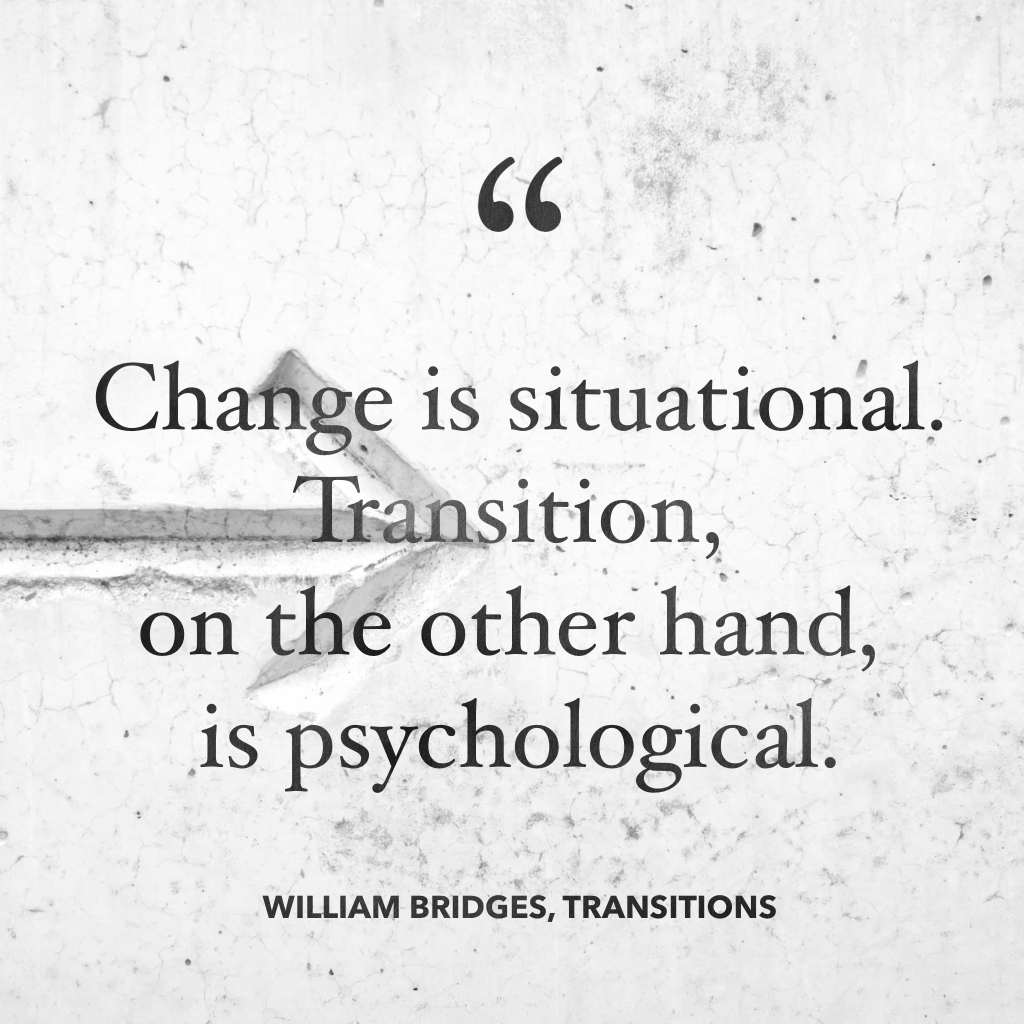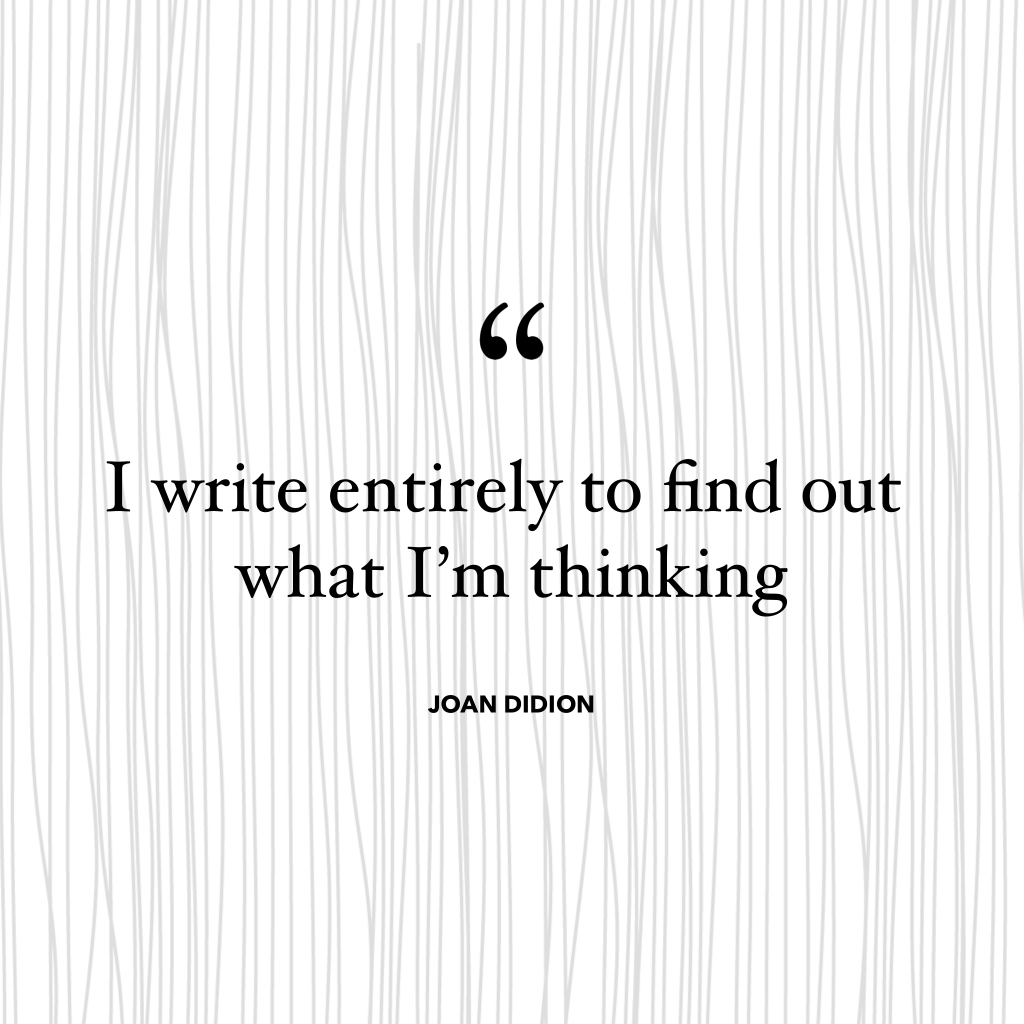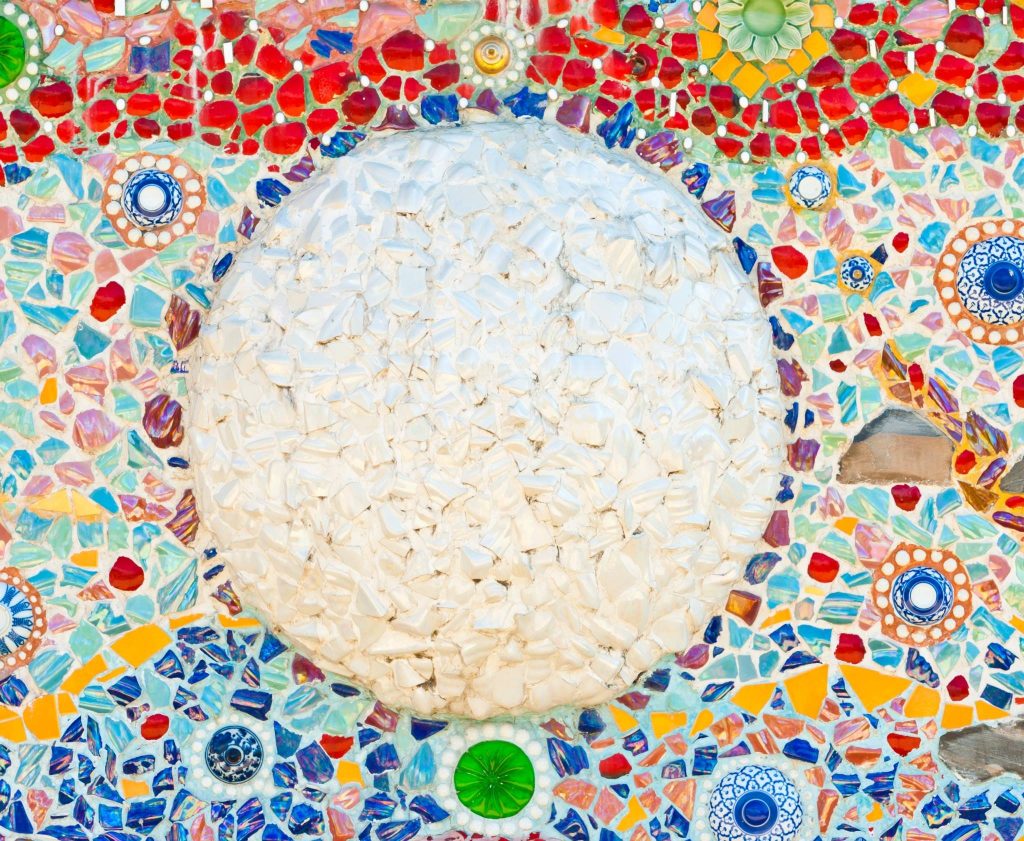Sunday Blog 23 – 6th February 2022
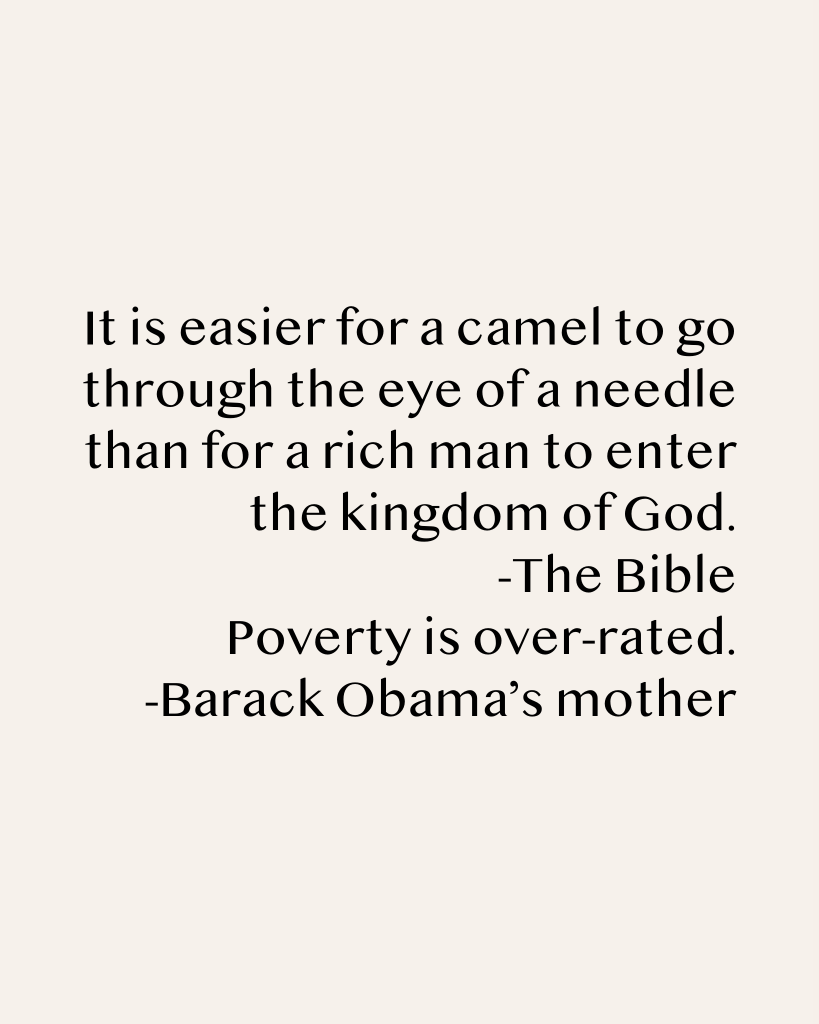
I am one month into a three-month Transition which means I am once again commuting rather than driving to work. It is part of my shedding the golden handcuffs of the Executive Director role I held for seven years.
So it’s been seven years since I regularly commuted and I turned up at the station with my under-utilised train pass, with a backpack on and a light sense of reclaimed youth somehow. I lined up behind others who, in automatic pilot were tagging on for the $2 per day parking and swarming up the stairs to the station.
I tried to look like I knew what I was doing as there were two slightly different parking machines. On closer inspection, they both did the same thing and after a short tussle with reading, puzzling, and being self-conscious about holding up the queue I pressed the right buttons and was on my way up the stairs.
It was a combination of this and the backpack I think, that plunged me back into a 1990s memory in London when I was unusually attending a course in The City (as in 2.9 square kilometre finance district within the 1,519 square kilometres of Greater London). I no longer remember what the course was, but I vividly remember getting on a bus to travel the last leg of the journey after emerging from the Underground. This bus just serviced the City of London and everyone on the bus was in a sharp suit, with a clipped intensity of Very Important and Well Paid people travelling to work. It wasn’t like any other kind of bus in London so you couldn’t just use your normal pass to tag on. There was a weird machine with a maw-like dark entrance you had to throw the right gold coins into and no ticket was issued.
Of course, I couldn’t work out what to do, was scrabbling in my change purse, throwing coins at the machine, hearing the unexpressed but somehow audible (in a London kind of way) frustration of my fellow commuters held up by my fumbling. I sat down in shame, dressed in my charity shop trouser suit that was so obviously, and in every way different and inferior to the expensive, sharp suits around me. Everything in The City was about money and making money and I just didn’t fit.
Around this time I also remember having a night out with a group of people from I think Morgan Stanley Bank who I had somehow connected with due to the woman who lived in the middle floor flat. Because London.
Most people I hung out with worked in the museum sector like I did – we were civil servants and money was irrelevant and a little bit wrong. This smart group of young commercial banking people I had somehow ended up having drinks with had no trouble navigating the mysteries of buses in the City. I think we both looked down on each other and ended up having an argument about capitalist versus socialist ideals and I probably lost. My ignorance about money was pretty complete.
Around this time I found a book about money and spirituality, which I have long forgotten the title of, and began to try to untangle how I felt about money. I wanted to manage my finances a little better than I was, and was feeling the pinch of the reality that poverty is very over-rated. There were revelatory ideas such if you pay rent you pay it forever but if you are lucky enough to buy real estate you don’t have to pay that mortgage forever. I hadn’t ever borrowed much, but neither had I invested. Every job choice had been about an ideal or dream, rather than joining a lucrative profession.
Perhaps inspired by this book I bought a flat in a dodgy South Eastern suburb right when the bottom had fallen out of London’s real estate market. That proved to be the action that made my unexpected pregnancy about four years later much less of a path to ongoing poverty than it might have been.
I think I have remained somewhere between the extremes of this quote. Money as a sole arbiter of success is appalling, and there’s so much about income inequality and unaffordable housing that shows me that as a society we have currently got it wrong.
But me being able to pick up the tab for my own life is important and I constantly look for ways to be sensible and where possible, generous. I’m contemplating the wisdom of Elizabeth Gilbert insisting that we should not make our art pay our bills. Meanwhile a tender desire to make money from writing is emerging among my different thoughts about what happens next now that I have resigned from the day job…
